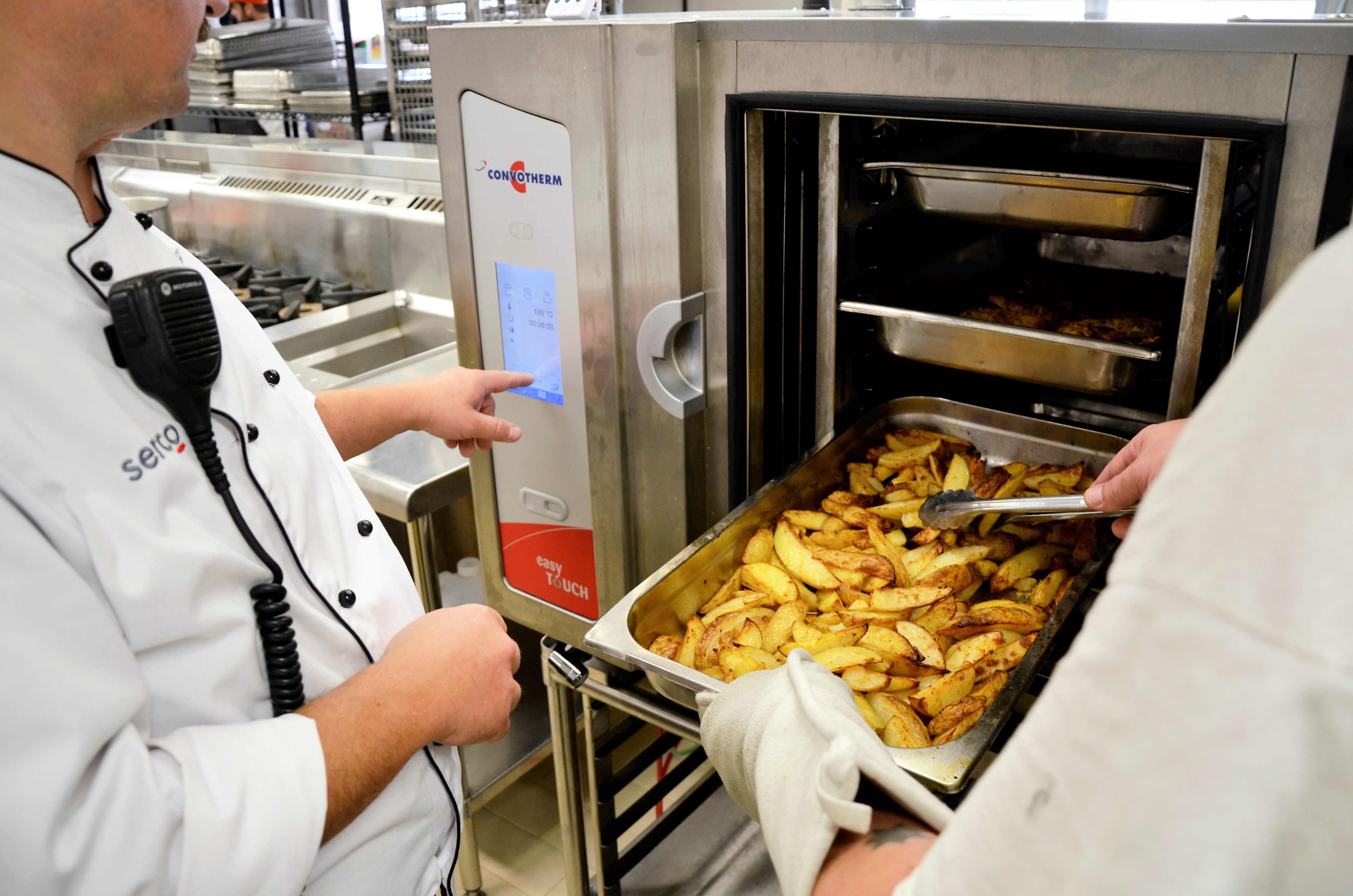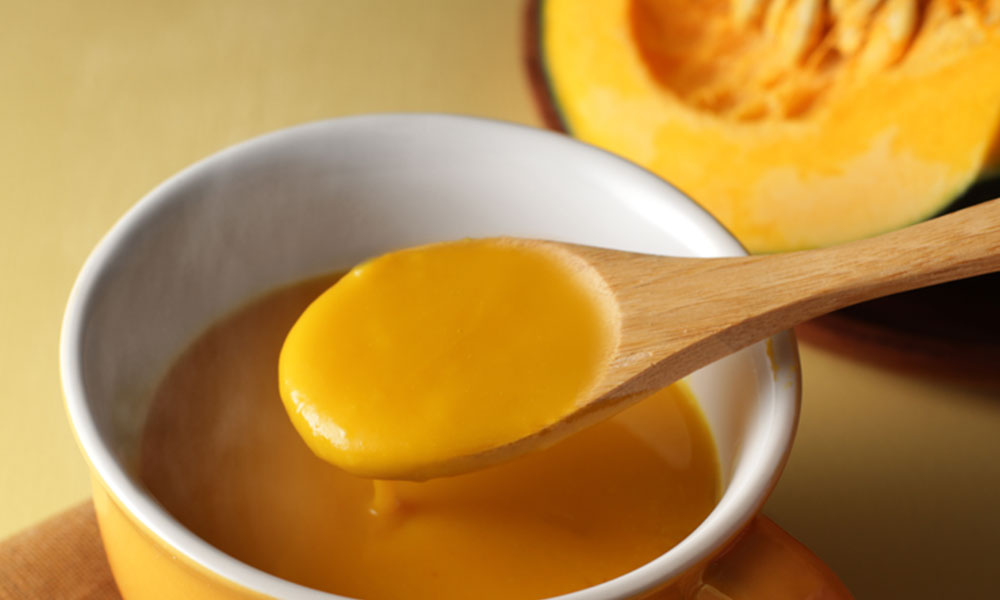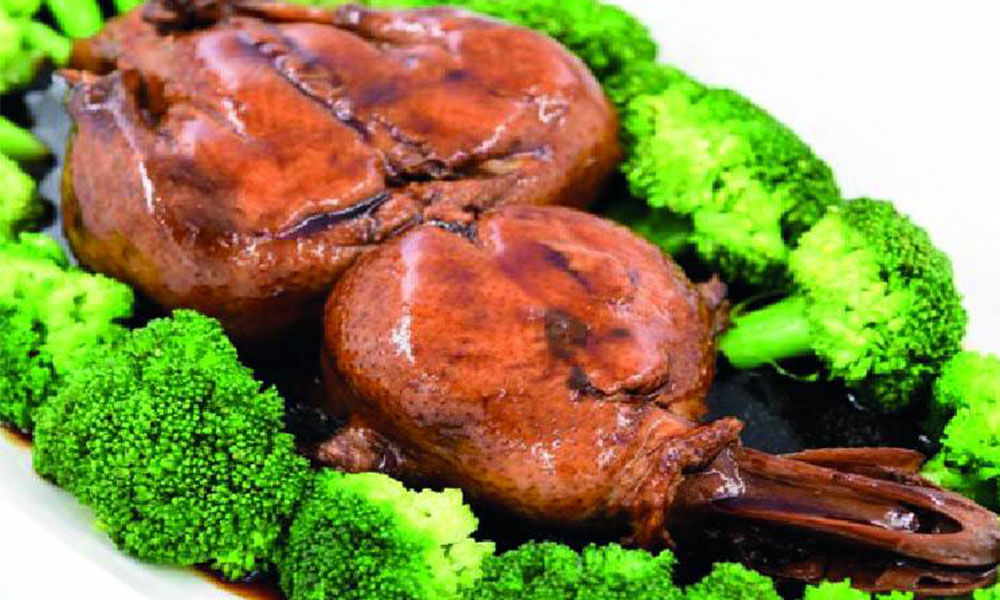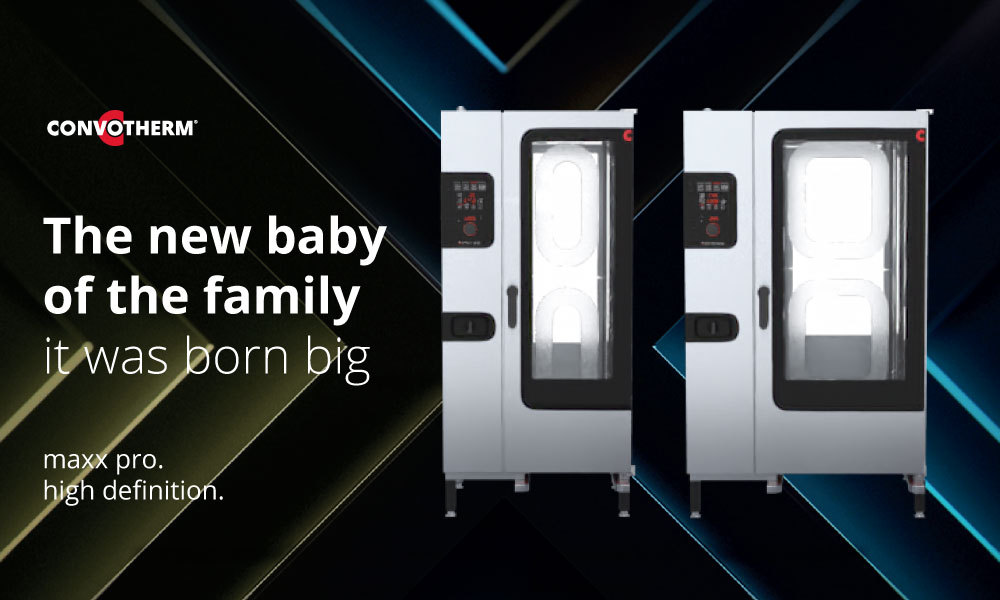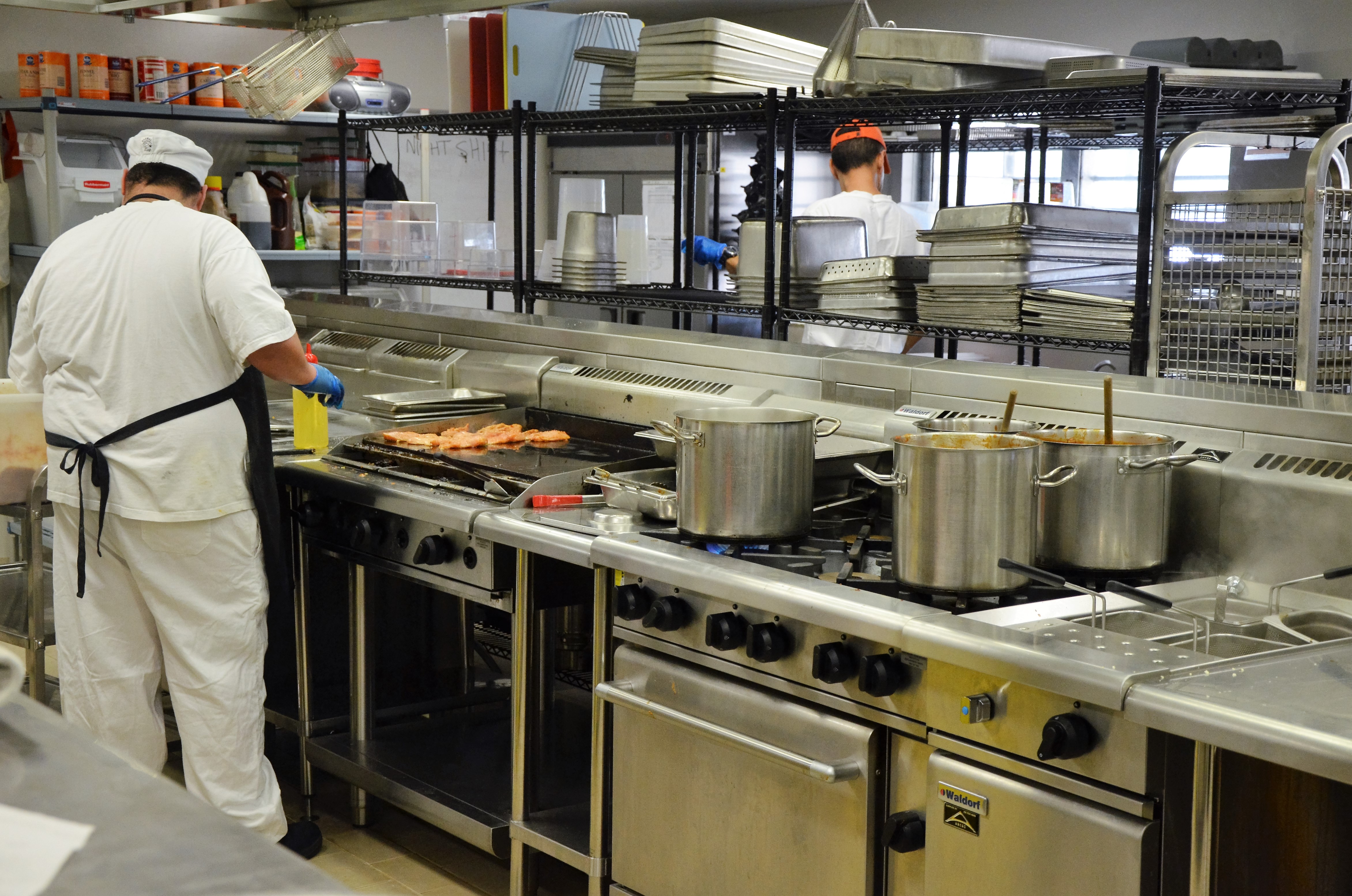
Prison food’ is a phrase often used to describe an unpleasant meal – one lacking any redeeming feature. Look behind the scenes at Acacia Prison’s kitchen though and you’ll find a greater purpose behind the preparation.
Serco opened the all-male, medium security Acacia Prison in 2006. Now, with a recent expansion, the Western Australian facility has the capacity for 1,400 prisoners. This has allowed Serco to expand rehabilitation and reintegration programs, efforts crucial in the reduction of re-offending behaviour.
One area targeted for these efforts was the prison kitchen. From here prisoners are provided with three meals a day – a continental breakfast, hot or cold lunch, and hot dinner. The menu rotates every five weeks and meals are pre-approved by an independent dietician to ensure each meets both Australia’s regulatory standards and nutritional requirements.
Managing such a kitchen may not be seen as the most glamorous job in the world but, for Peter Tischhauser, it’s definitely a rewarding one.
As Food Service Team Leader Peter is responsible for managing a team of six professional chefs and supervising the production of around 87,000 prison meals each month.
Currently, Peter employs 70 prisoners in this kitchen – over half of whom are working towards a Certificate II in Hospitality (Kitchen Operations), or a Certificate III in Hospitality (Commercial Cookery). This training is provided via the Department of Correctional Services, and the West Coast Institute of Training.
After 13 years working in prisons as well as working for the Australian Culinary Federation, Peter has a considerable level of important industry knowledge to pass on. He speaks highly of the training program and the results it provides in assisting prisoners to successfully reintegrate into the community.
Controls on the program are very strict. Prisoners are not, for instance, permitted to sample seafood, or exotic fruits and vegetables due to their “luxury” classification. However, as part of their training, they are permitted to cook a single dish using the ingredients – which is then served to a staff member or visitor.
Such control has not dimmed the appeal of the program though, nor prevented prisoners from receiving valuable experience.
“Since we opened the commercial kitchen, the apprentices have all worked extremely hard,” says Peter. “They often come an hour and a half early to work and finally have some kind of purpose.”
“Many of our apprentices never felt particularly good at anything – and this makes them realise they can be good at something. It gives them self-esteem, discipline and a lot of self-pride,” he says.
An indication of this success is the recent expansion of the kitchen facility. The prison has created, in partnership with Moffat, a new commercial-grade kitchen and commercial kitchen equipment featuring the latest technology and equipment.
IN THE KITCHEN
The range of cooking the apprentices need to complete is significant. As well as producing meals for staff and visitors, they also produce food for internal functions, and the visitor’s café.
The line-up of Moffat equipment includes a Convotherm gas 20.10CCET, Convotherm electric 10.10CCET, Waldorf 800 Series oven ranges and commercial deep fryers, as well as other Washtech, Friginox and Crown commercial kitchen equipment.
“We chose Moffat as we want our apprentices to use the same equipment that they will in the outside world. We asked ourselves which equipment would give the students the best possible advantage,” says Food Service Team Leader Peter Tischhauser.
0 Comments
Leave a reply
You must be logged in to post a comment.

